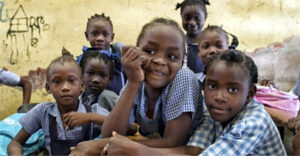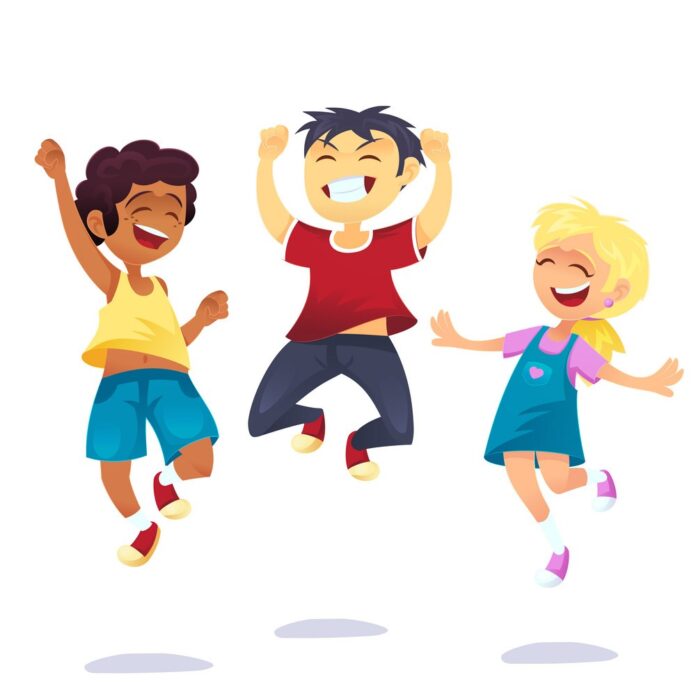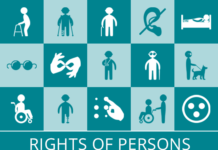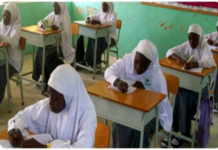Child Rights is the same promise to every child when in 1989, governments across the world adopted the UN Convention on the Rights of the Child.
In Child rights Act, every child, regardless of their age, race, gender, wealth or birthplace, deserves a childhood. These rights are enshrined in international law in the Convention on the Rights of the Child (CRC). It recognises that all children must be treated fairly, equally and with dignity.
Oyo govt tackles child labour, trafficking
The child rights convention laws are non-discriminatory and are always in the best interests of the child.
The Convention explains who children are, all their rights, and the responsibilities of governments. All the rights are connected, they are all equally important and they cannot be taken away from children.
What countries must do
The Convention also says that countries must make sure all children
- grow as healthy as possible
- can learn at school
- are protected
- have their views listened to
- are treated fairly.
Children version of Convention on the Rights of the Child
Definition of a child
A child is any person under the age of 18.
No discrimination
All children have all these rights, no matter who they are, where they live, what language they speak, what their religion is, what they think, what they look like, if they are a boy or girl, if they have a disability, if they are rich or poor, and no matter who their parents or families are or what their parents or families believe or do. No child should be treated unfairly for any reason.

Best interests of the child
When adults make decisions, they should think about how their decisions will affect children. All adults should do what is best for children. Governments should make sure children are protected and looked after by their parents, or by other people when this is needed. Governments should make sure that people and places responsible for looking after children are doing a good job.
Making rights real
Governments must do all they can to make sure that every child in their countries can enjoy all the rights in this Convention.
Family guidance as children develop
Governments should let families and communities guide their children so that, as they grow up, they learn to use their rights in the best way. The more children grow, the less guidance they will need.
Life survival and development
Every child has the right to be alive. Governments must make sure that children survive and develop in the best possible way.
Name and nationality
Children must be registered when they are born and given a name which is officially recognized by the government. Children must have a nationality (belong to a country). Whenever possible, children should know their parents and be looked after by them.
Identity
Children have the right to their own identity – an official record of who they are which includes their name, nationality and family relations. No one should take this away from them, but if this happens, governments must help children to quickly get their identity back.
Keeping families together
Children should not be separated from their parents unless they are not being properly looked after – for example, if a parent hurts or does not take care of a child. Children whose parents don’t live together should stay in contact with both parents unless this might harm the child.
When children’s rights are protected, children stand a much better chance of growing up in a society that allows them to thrive.
In alignment with the UN Sustainable Development Goals, full realisation of the UNCRC would result in a world where no child is left behind.

















